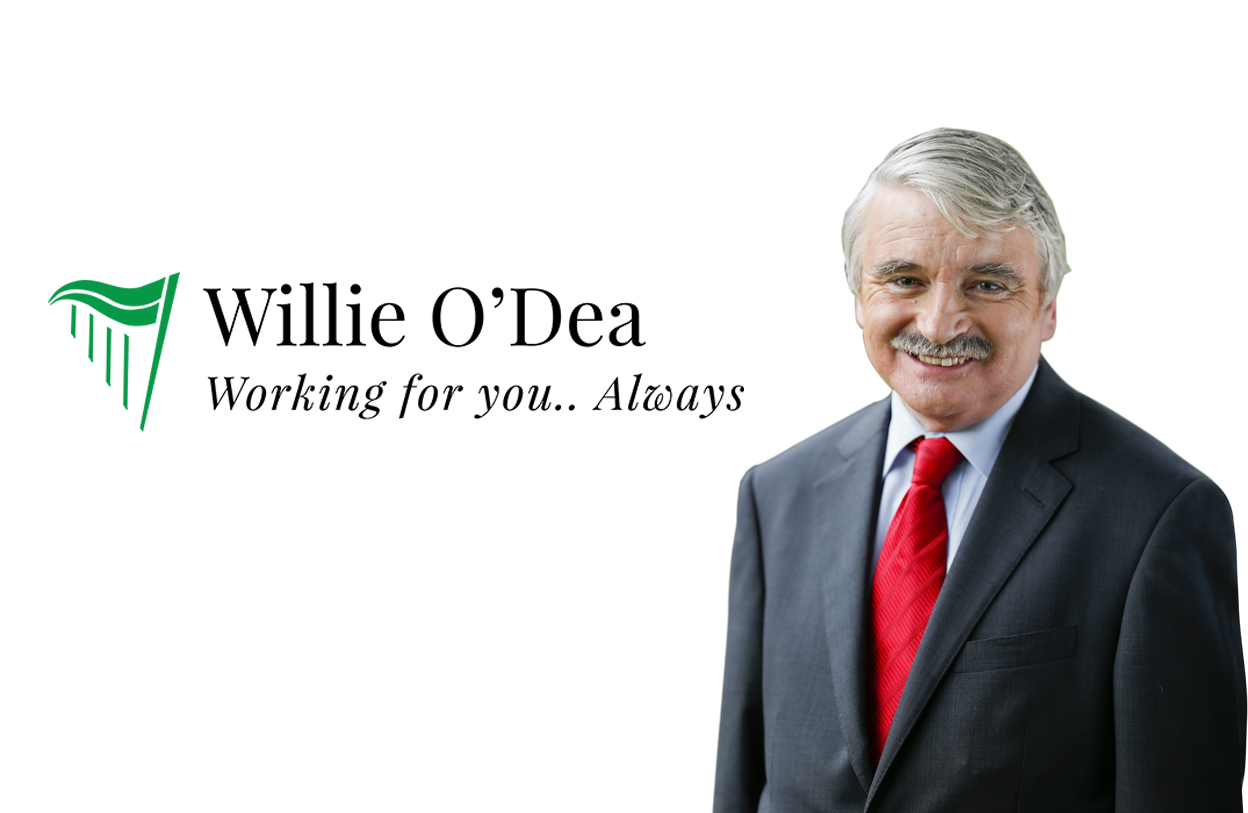 At the start of the referendum campaign, Enda Kenny declared that the Fiscal Treaty vote was more important than a general election. Fine words, but as the campaign got under way he failed to match them with equally fine judgement and leadership.
At the start of the referendum campaign, Enda Kenny declared that the Fiscal Treaty vote was more important than a general election. Fine words, but as the campaign got under way he failed to match them with equally fine judgement and leadership.
He also failed to follow through on his intention to run the campaign like a general election. Though, considering that Fine Gael and Labour’s February 2011 campaigns were full of promises now broken and abandoned, this might not be a bad thing.
While the Yes side prevailed decisively, their task was made all the more difficult by the poor political judgement and lack of leadership shown by the Government both during the campaign and, more significantly during the run-up to it.
There are three very specific points over the past six months where the Government’s political ineptitude significantly jeopardised the outcome.
The first concerned the holding of the referendum itself. The Taoiseach and Tanaiste went into the Brussels negotiations with a simple strategy: get a deal that would not have to be put to the people.
They were still clinging to this “no referendum” strategy even at the end of January when Minister Varadkar denounced them as “undemocratic”. This was on the same day that a RedC poll confirmed Micheal Martin’s position that there must be one — with a solid 72 per cent in favour of a treaty vote.
Then suddenly, after months of spinning that a referendum probably wasn’t necessary, the Attorney General announced that it was. So what was the advice on which the Taoiseach and Tanaiste based their initial ‘no referendum’ approach?
Having grudgingly come to the realisation that a referendum was needed, Enda and Eamon then picked a polling date that suited the No side by making informed debate more difficult.
Rather than consulting with others on the Yes side, they bullishly pressed ahead. Not only did they ignore the lessons of the Nice and Lisbon campaigns: they failed to take the impact of the predicted election results in Greece and France into account.
To be fair, some people round the Cabinet table realised this but they failed to convince Enda. He wanted a short campaign — the campaign was to be designed to suit his needs, his requirements and his fears, not the people’s.
This brings us to point three — probably the most damaging. Having had to reverse gears on having the vote and then selecting too early a date, the Taoiseach completed the trilogy of bad judgement by opting out of his obligations as Taoiseach.
Instead of giving leadership to an uncertain and scared public, he decided to just behave like a Fine Gael leader. He memorised a few soundbites and went on a national tour of meeting Fine Gaelers. Enda’s big contribution to the campaign was to convert the converted.
While Micheal Martin posed the key question of the campaign — where will the money come from? — Enda happily pressed the flesh with party faithful asking them where they come from.
Channel 4 News and Michael Crick succinctly captured Enda’s ‘no involvement’ approach last Wednesday. They showed him at Pearse Station studiously avoiding any engagement with the public: his arms folded across his chest. Only Crick’s goading eventually compelled Enda to approach the passing commuters.
As Crick observed on his blog: “Perhaps the fear was that he might get the worst of a confrontation with a voter expressing anger … ” Having seen and heard the anger of people who voted Fine Gael and Labour and now feel they have been betrayed by their broken promises, I’m not surprised.
For years Enda’s supporters have defended him, saying that while he might not be much of an ideas man, he was a great campaigner. We see the hollowness of that claim. The fact that the referendum was passed comfortably should not mask or obscure the serious errors in judgement made by the Taoiseach and Cabinet.
Those of us on the Yes side — in politics and in civic society — have succeeded in securing a Yes vote, but has the Government’s poor judgement and flawed strategy meant that it came at the price of a big social divide? I sincerely hope it doesn’t.


